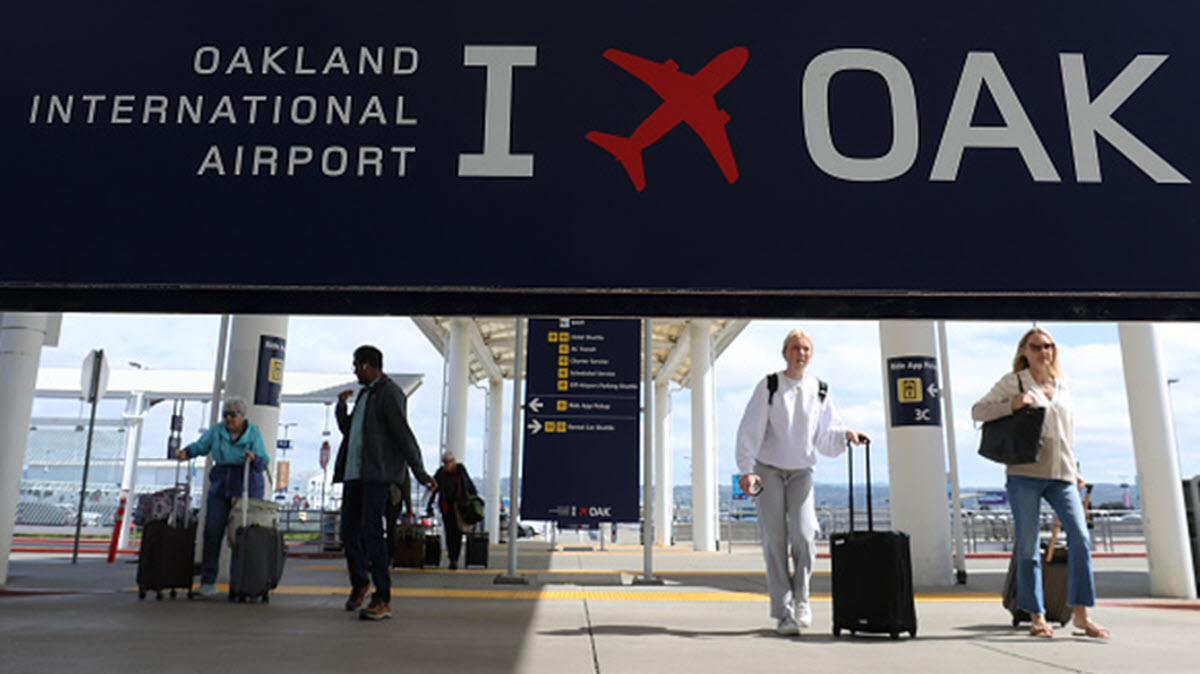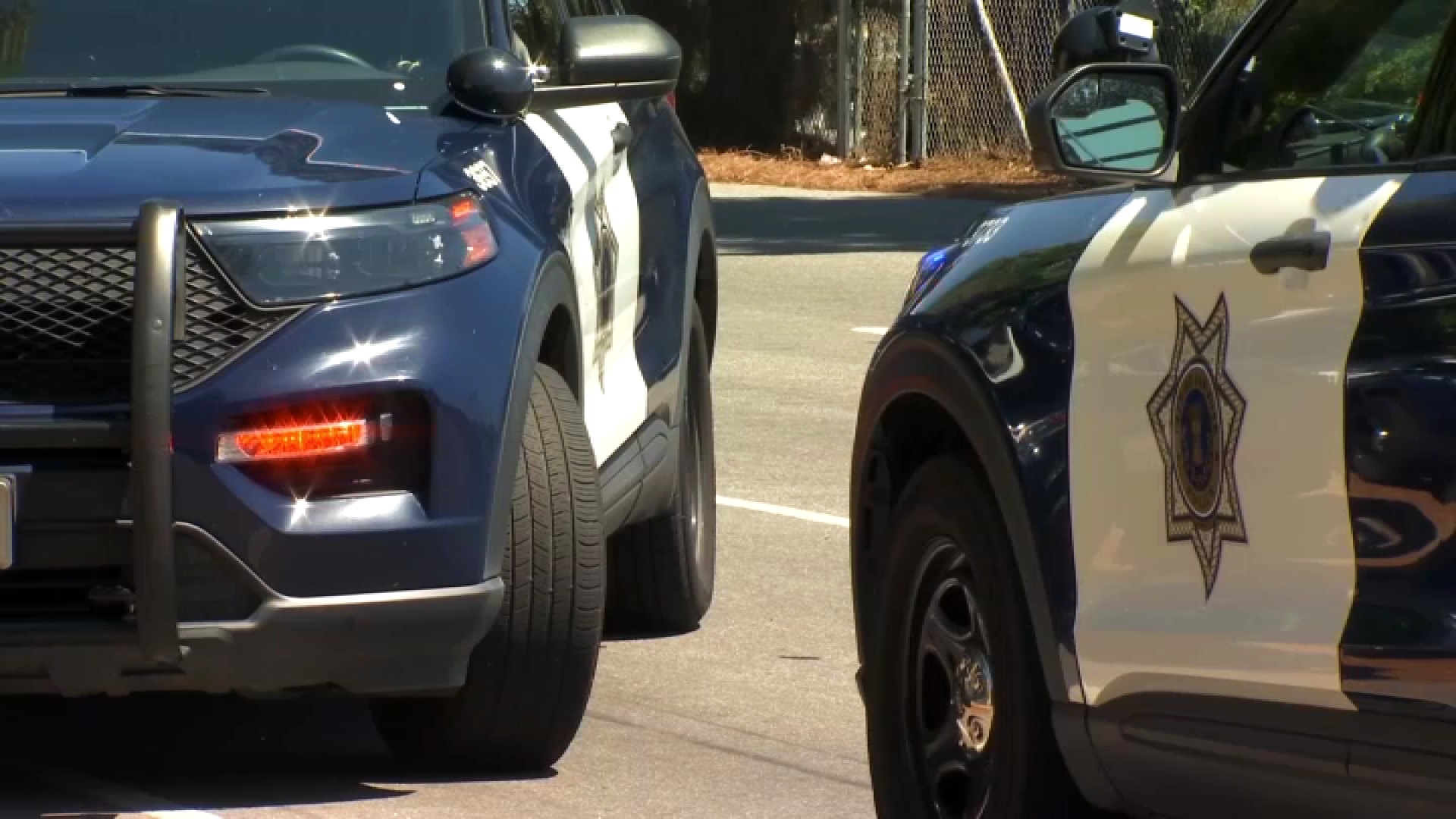Uber’s security and fraud analysts are working with law enforcement to investigate a scheme exposed by the NBC Bay Area Investigative Unit that could allow criminals and unlicensed drivers to circumvent the company’s background checks and cruise for passengers.
In September, NBC Bay Area rented a Lyft account from an underground online chat group where brokers advertise rideshare accounts that allow drivers to mask their true identities using stolen information.
Now NBC Bay Area has learned about a similar scheme involving Uber drivers. The Investigative Unit went undercover and rented two Uber accounts from online dealers with no questions asked. The first account was created from scratch using the personal information of someone named Benjamin. The second account was created 27 days prior and already logged 233 trips across the Bay Area. NBC Bay Area did not drive and only used the accounts for informational purposes to learn how the process works.
FAKE DRIVER CRACKDOWN
Local
Rented rideshare accounts can be nearly impossible for passengers to distinguish from legitimate drivers. As NBC Bay Area exposed last year, account dealers mislead riders by ensuring that the profile picture and vehicle license plate of the driver match what passengers see on their app. While those changes can trick riders into getting into a car, NBC Bay Area has learned that there’s a way for regulators to identify scammers – if they know what to look for.
At Los Angeles International Airport (LAX), officers catch violators using accounts registered to other people by matching the driver’s license with the waybill on the rideshare app. Both Uber and Lyft driver apps have a waybill screen, which gives law enforcement the name of the account holder and a summary of the last trip. When someone is using a borrowed or rented account, those names won’t match.
"You want to make sure you are getting in the vehicle with someone who has had a background check and they are safe," LAX police Officer Rob Pedregon told NBC Bay Area. "There are people who are out to do harm."
Pedregon believes airport police know how to catch violators because they encounter hundreds of rideshare drivers every day. NBC Bay Area reviewed citations written by officers at LAX and Bay Area airports and found case after case of drivers using accounts registered under a different name. Some of the violators didn’t even have a valid driver’s license.
But not all law enforcement officials are as focused on rideshare rules as airport police, according to Pedregon.
"I would say the majority of municipal officers don’t know what to look for," Pedregon said. "If you don’t do it enough, if you don’t recognize the type of material that you’re looking for, you’re not going to know."
RIDESHARE DRIVER PRIVACY RIGHTS
Most of the trips listed on the Uber account NBC Bay Area rented occurred in San Francisco. NBC Bay Area asked the San Francisco Police Department whether it tracks the number of encounters officers have had with drivers using other people’s accounts. A spokesperson said SFPD does not have the authority to inspect waybills to catch fake drivers.
In San Mateo, Officer Michael Haobsh has watched his department investigate several serious crimes involving rideshare drivers, but said his officers could be in violation of the Fourth Amendment if they attempt to search through a rideshare driver’s app outside of airports where rideshares are more heavily regulated.
"When we conduct our traffic stops, we try to be as least obtrusive as possible," Haobsh said.
Instead, it’s up to companies to police their drivers.
UNDER INVESTIGATION
After NBC Bay Area notified Uber about the two accounts it rented, the company tracked down the seller and linked him to even more profiles, one of which the company deactivated. Uber referred the accounts to law enforcement officials, who are now investigating potential fraud.
"Participating in fraud is illegal, which can lead to deactivation of your Uber account and serious legal action for both the account owner and the person attempting to buy access," an Uber spokesperson wrote in a statement. "Additionally, adding your personal information to an account owned by someone else could put you at risk for identity theft. As with any scam, if it seems too good to be true, it probably is."
The company also told NBC Bay Area that its security tools should prevent anyone who rents an Uber profile from actually driving, but it’s looking into just how many people may have taken a ride in one of these forged accounts.



